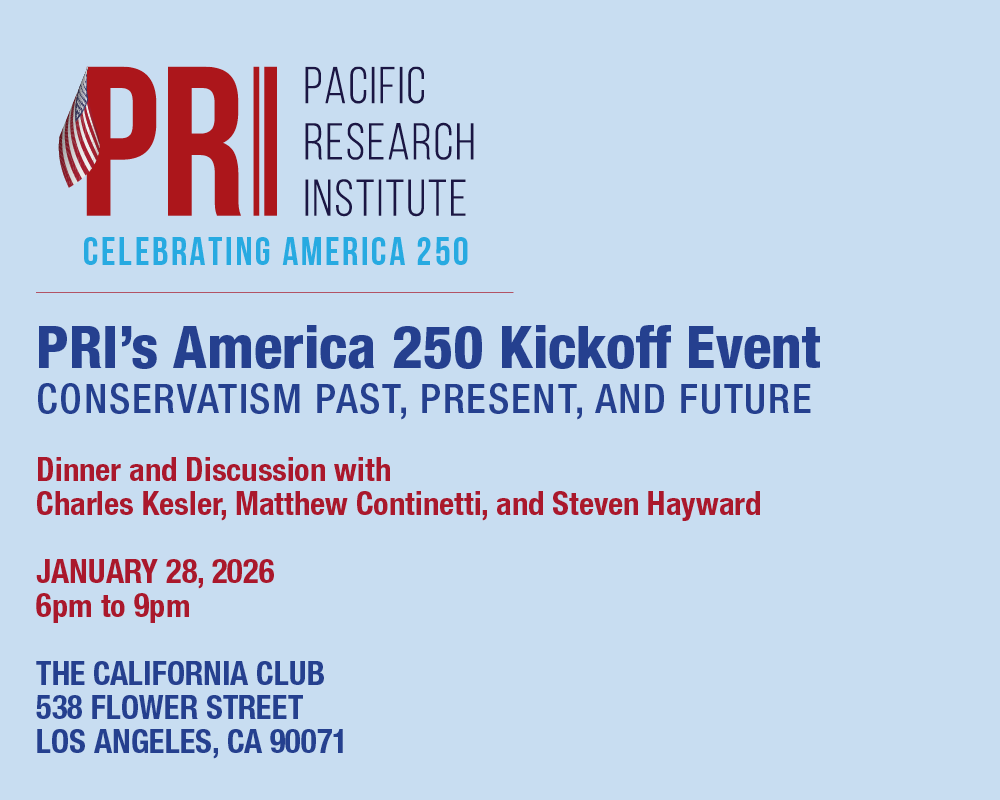SACRAMENTO – Recent results from a national student writing test confirm the lament that writing is becoming a lost art, especially in California. Contrary to the sound bites of educators, the inability to write coherent sentences is not just a problem of kids who are learning English.
The National Assessment of Educational Progress (NAEP), also known as “the nation’s report card,” tests students across the country in core subjects such as reading, math, science and writing. The writing test consists of two 25-minute assignments, with the essays evaluated as first drafts in deference to the short timeframe.
When the results of the 2007 NAEP writing test for eighth and twelfth graders came out in early April, California was in its usual place at the back of the pack. On the eighth-grade writing exam, for instance, California’s students beat out only their peers in Hawaii, Louisiana, Nevada, New Mexico and West Virginia. Faced with the poor performance, California education officials offered excuses.
State superintendent of public instruction Jack O’Connell observed that California is different than many states because “‘minority’ students are the majority of our [student] population.” He then pointed out that, “Twenty percent of the students who participated in the writing assessment in California were English learners, which is 14 percentage points higher than the nation on average, and significantly greater than every other state.”
O’Connell’s comments imply that California wouldn’t be doing so badly if it didn’t have so many of these English-learner students. The data, however, tell a different story.Among white eighth graders in California, only 38 percent scored at or above the proficient level.
Among California’s Asian-American eighth graders, an only slightly better 44 percent scored at or above the proficient level on the writing test. Thus, large majorities of two ethnic groups assumed to perform well academically scored below proficiency.
Some school officials have tried to spin the NAEP results by saying that large numbers of students are performing above the “basic” level. For instance, according to the Los Angeles Times: “Nationally, and at the local level, educators preferred to accentuate the positive. Los Angeles Unified officials focused on the district’s large jump in achievement from the last assessment, in 2002. Among L.A. Unified students, 77 percent scored at or above the ‘basic’ level in 2007, up from 64 percent in 2002.” This spin ignores the grading definitions of the NAEP exam.
The National Assessment Governing Board, which oversees NAEP, says that to be “proficient” a student must demonstrate solid academic performance. That means they must display competency with challenging subject matter, including subject-matter knowledge, application of such knowledge to real world situations, and appropriate analytical skills. In contrast, to achieve the “basic” level, a student need display only partial mastery of prerequisite knowledge and skills that are fundamental for proficient work at that grade level. Partial mastery is not proficiency, which is why the Board says that students should achieve at the proficient level.
The failure of California’s public K-12 system to prepare students for writing has resulted in huge numbers of college freshmen needing remedial instruction in writing. A freshman at San Diego State University who was forced to take a remedial writing course was recently quoted: “I took a lot of AP classes in high school, so I thought I was more prepared. I was, like, mad. It’s frustrating because you think you’re doing well and find out you’re not up to the standard.”
The spin and excuses offered by the education establishment cannot mask the reality that the public education system is not up to standard. That is why a record number of school-choice bills have been introduced in the California legislature to give parents and their children an opportunity to escape the failing government-run leviathan.

